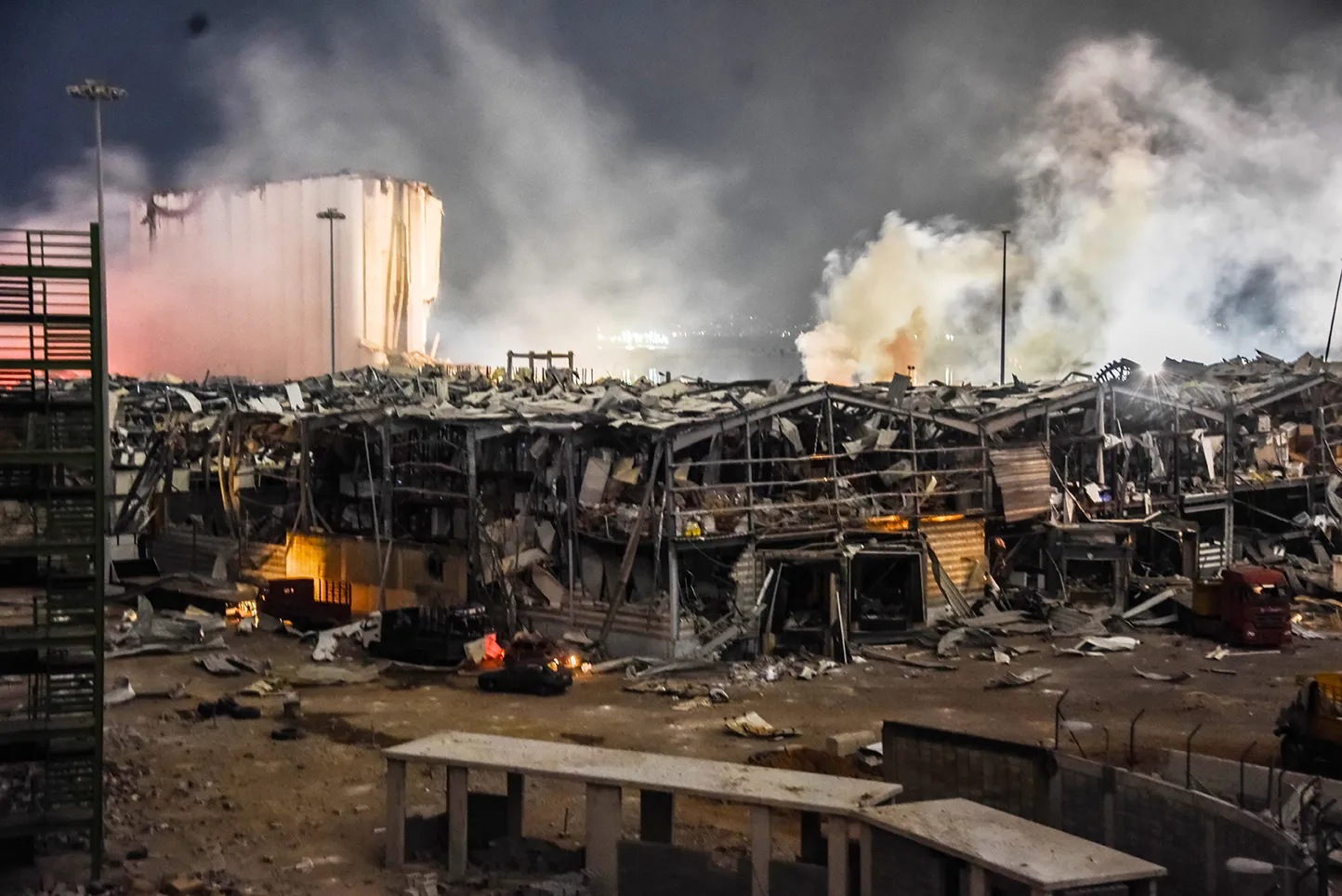More than 100 people were killed yesterday in two explosions that rocked Beirut, Lebanon’s capital city, largest port, and lifeline for the country. Thousands more were injured. Details about the cause are still unfolding.
The deadly double blast destroyed grain silos containing critical food supplies. Only 10% of Lebanon’s food supply is domestic. On Tuesday, 85% of the food stock stored at the port was lost in the explosions. The port’s destruction will cause further supply chain disruptions, making it even more difficult to reach the most vulnerable with humanitarian aid.
“We will rebuild, but tonight we are absolutely devastated.”
Thousands of injured overwhelmed Beirut’s hospitals, which were already at capacity due to COVID-19. Medics had to treat people wherever they could – in hotels, car parks, and veterinary clinics.

